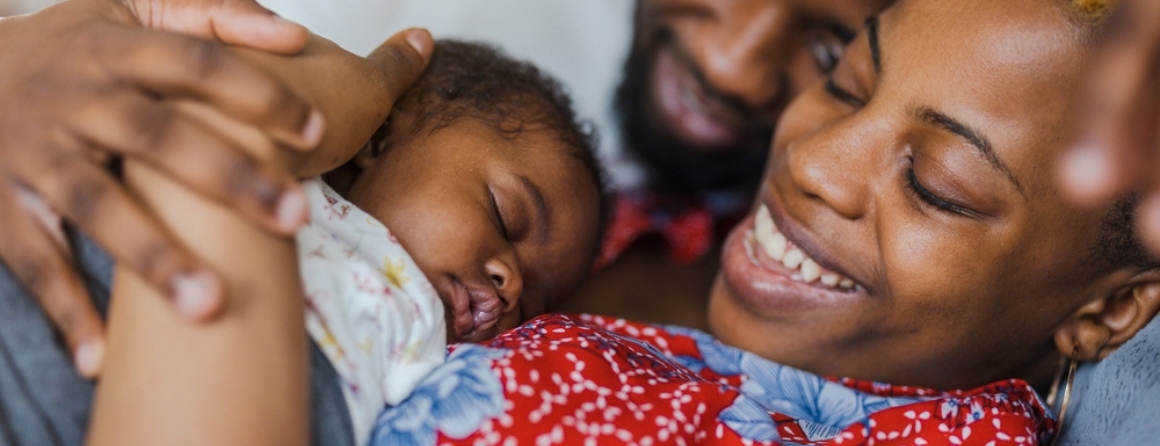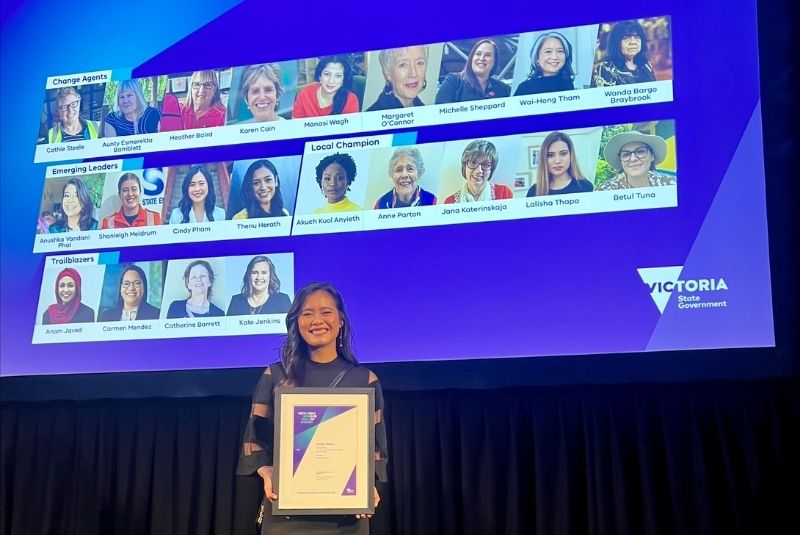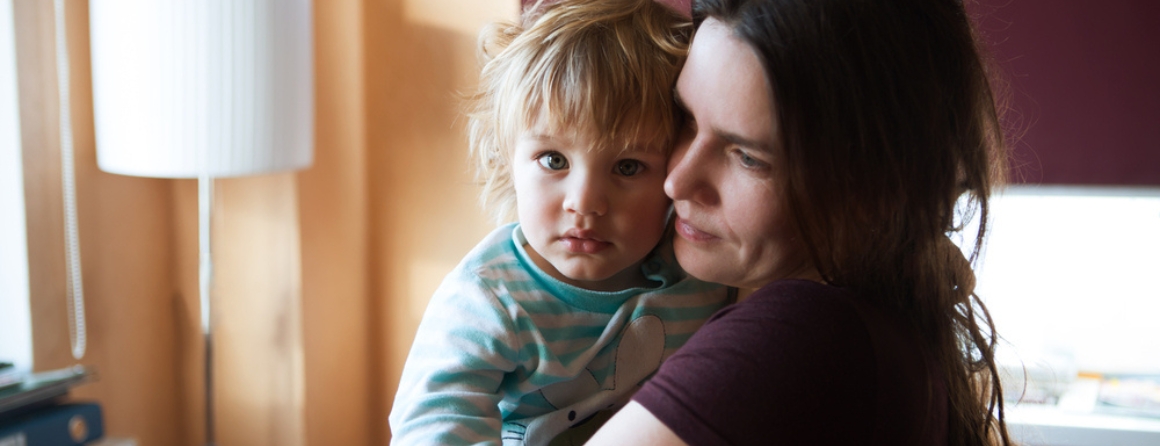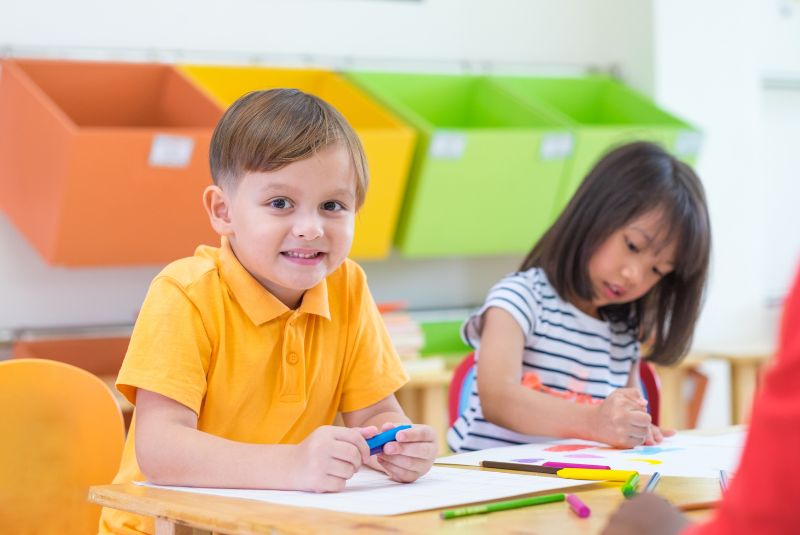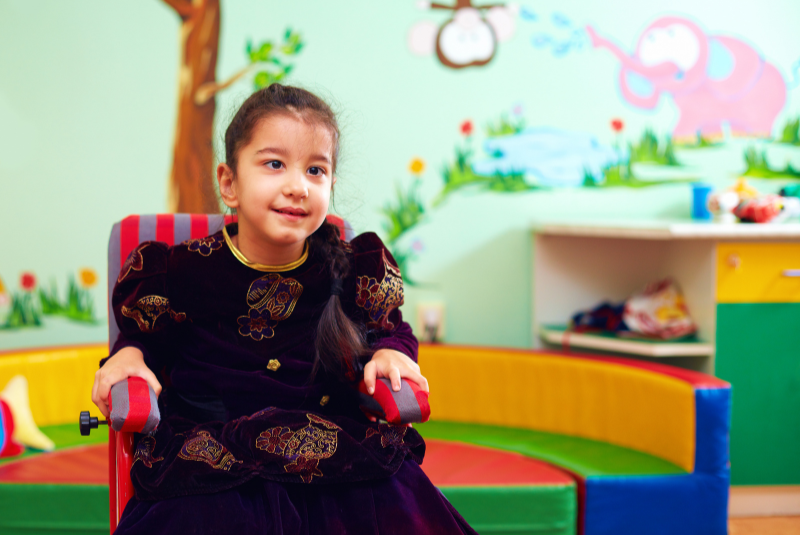Mental health in children and adolescents
Good mental health is important for a child’s overall wellbeing, including their physical, educational, social, emotional and cognitive (thinking, reasoning and learning) development.
Half of all adult mental health problems start in childhood.
Sonny interviews Professor Frank Oberklaid AM on why mental health research is important. Find out how MCRI researchers are intervening early, as soon as children start struggling.
Sonny interviews Professor Frank Oberklaid AM on why mental health research is important. Find out how MCRI researchers are intervening early, as soon as children start struggling.

Mental health and wellbeing
Ups and downs are a normal part of children’s life; some days they will have good mental health and wellbeing and other days they will experience challenges and struggle with their mental health.
Parents, carers and other significant adults play an important role in their child’s development and in building and promoting their mental health and wellbeing. Children and adolescents who have good mental health will likely carry it with them throughout life.
Sometimes a child may experience prolonged periods of poor mental health and may require additional support. Researchers believe early intervention should be targeted at primary school-age children (and even earlier) and those who are experiencing symptoms rather than waiting for a diagnosis.
We are helping parents, carers and significant adults intervene as soon as children start struggling, through mental health initiatives like Mental Health in Primary Schools (MHiPS), programs like Decode Mental Health and Wellbeing and tools like the Children’s Wellbeing Continuum to tackle these issues early in children's lives.

Who does it affect?
Who does it affect?
- 14 per cent of children aged four to 17 years of age meet the criteria for a mental health condition over a 12-month period and a further 10 per cent are estimated to struggle with symptoms that impact their daily living
- Half of all adult mental health problems start in childhood
- Children with mental health disorders are at increased risk of developing a mental disorder as adults
Our mental health research
Our mental health research
Our research investigates how to improve mental healthcare for children and adolescents through patient trials and studies of the organisation of care. We work with The Royal Children’s Hospital Health Services Research Unit which focuses on developing and testing new approaches to move care from hospitals to the community. We work to improve access, quality, outcomes and costs.
Our reviews support a prevention and early intervention approach to mental health, finding that most children who develop a mental health disorder experience their earliest symptoms by age five. Experiencing mental health symptoms before age 14 predicts mental disorders in adulthood.
We found that most Australian children with mental health disorders are not receiving professional help. Girls, young children and families from non-English speaking backgrounds are the least likely to access services.
Fewer than one in four children with mental health problems saw a health professional in the 18 months after they were identified as having a problem. Families may delay seeking help hoping that their child will ‘grow out’ of it, may not know where to get help or be unable to afford it. To remove these barriers, our researchers are developing and testing models of accessible and affordable mental health care. We’re developing and evaluating child and family hubs that could extend nationwide and an online e-Hub to connect with support.
We’re trialling an intervention to reduce anxiety in children with ADHD and investigating adolescent mental health after mild traumatic brain injury.
We are actively monitoring the long-term mental health and wellbeing of Victorian children following COVID-19 research that revealed adverse mental health impacts of the pandemic and lockdowns. Our work focuses on understanding the impacts and needs of children and families and is suggesting ways forward.
Impacts of our research

Impacts of our research
- We developed MHiPS, an initiative that pairs a Mental Health and Wellbeing Coordinator with a training program to support student mental health. By 2026, we aim to reach over 558,000 students and 25,000 teachers in Victorian government, Catholic, and low fee independent schools.
- We developed the Children’s Wellbeing Continuum, a free visual tool to help start a conversation about children’s mental health and wellbeing which is being used in schools, primary care and households across Australia.
- Decode is a mental health literacy program that uses social media and micro-celebrities to deliver mental health information to teachers and students. After using Decode, teachers reported improved confidence in supporting students and observed better student mental health.
- Our Centre of Research Excellence in Childhood Adversity builds on community services to develop strategies to improve children's mental health. It found that abuse, bullying and maladaptive parenting in childhood double the risks of developing mental health problems and found 34 possible interventions that could help reduce risks.
- We found that the rate of Emergency Department visits for children’s mental health versus physical health has tripled, often for depression and anxiety. We identified solutions to ease demand including onsite school psychologists and upskilling teachers in prevention, identification and interventions.
- We found most Australian children and adolescents with mental health problems aren’t receiving sufficient treatment. We suggested interventions after finding many eight to 14-year-olds suffer from emotional and behavioural problems and bullying.
- We found one-third of children develop a mental health problem after a concussion, severely unsettled babies risk poor mental health in childhood, early cannabis use in teens compromises mental health, exercise reduces depression in children and we identified a new treatment that boosts the chances of remission for anorexia nervosa.
Our vision
Our vision
We aim to reduce mental health problems in children and adolescents by emphasising prevention and early intervention. Building the capacity of communities, schools and parents to support the mental health and wellbeing of students and improved access to better treatments are other goals which will have ongoing impacts and transform young lives.
Where to next?
Where to next?
We will continue to work to prevent mental health problems in children and provide support and guidance for those children struggling with their mental health. We will partner with families, health professionals, community organisations and schools to ensure children get the right help and support, in the right place and at the right time.
Donate to MCRI
Help our researchers make life-changing discoveries in child health.



